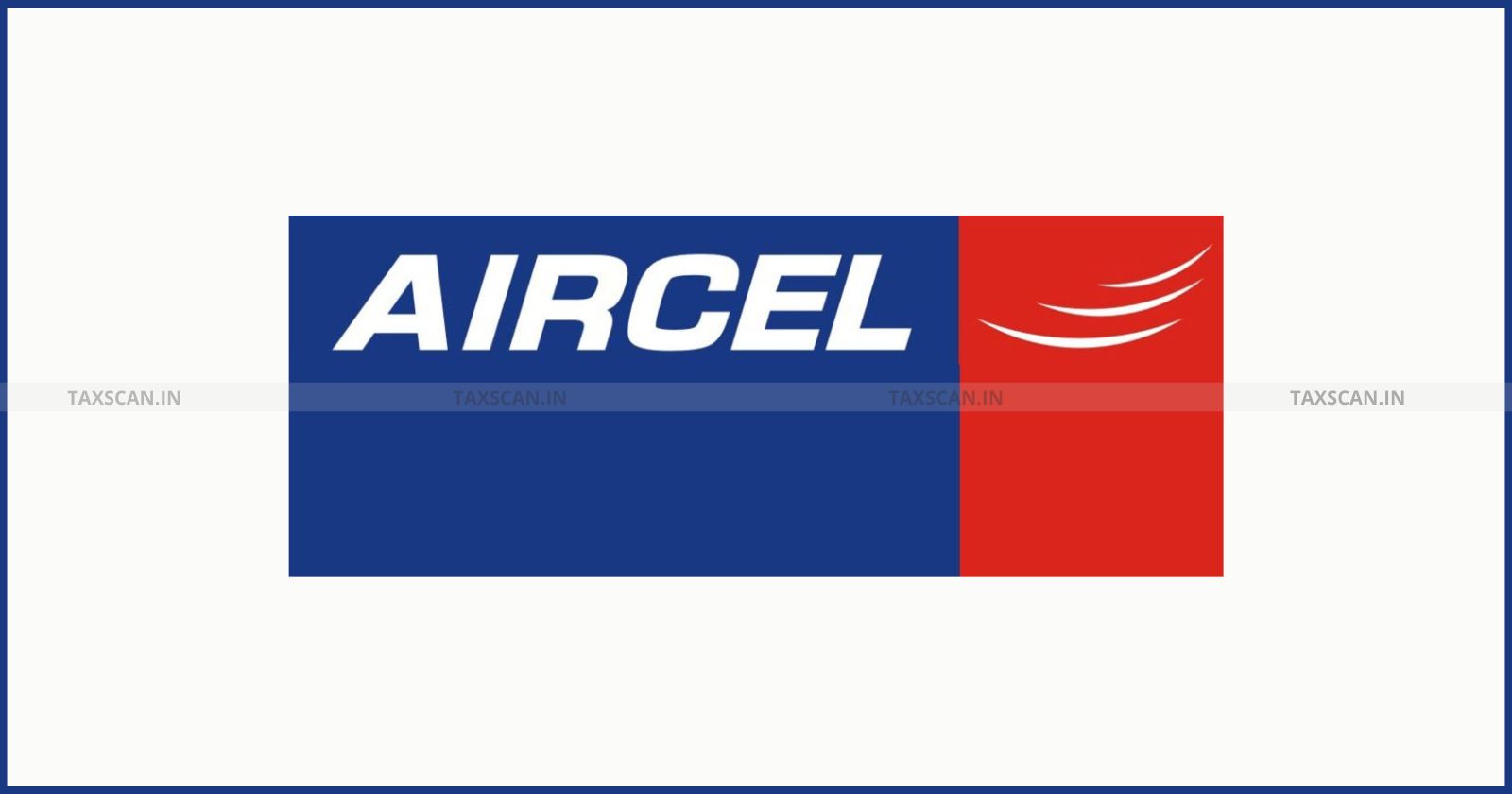Income from Revocable Trust Taxable in Settlor’s Hands, Not Trust: ITAT Grants Relief Under India-UAE DTAA [Read Order]
The Tribunal held that income from investments by the revocable trust is taxable in the hands of the settlor, Abu Dhabi Investment Authority, and thus exempt under Article 24 of the India-UAE DTAA
![Income from Revocable Trust Taxable in Settlor’s Hands, Not Trust: ITAT Grants Relief Under India-UAE DTAA [Read Order] Income from Revocable Trust Taxable in Settlor’s Hands, Not Trust: ITAT Grants Relief Under India-UAE DTAA [Read Order]](https://images.taxscan.in/h-upload/2025/07/30/2071058-income-from-revocable-trust-revocable-trust-taxable-in-settlors-hands-taxscan.webp)
The Mumbai Bench of the Income Tax Appellate Tribunal (ITAT) deleted the addition made by the Assessing Officer (AO) in the hands of the trust and ruled that the income from investments is taxable in the settlor’s hands and exempt under the India-UAE Double Taxation Avoidance Agreement (DTAA).
Green Maiden A 2013 Trust (assessee), a trust settled by Abu Dhabi Investment Authority (ADIA) in New Jersey vide Deed of Settlement dated 02.07.2013, filed its appeal against the final assessment order for Assessment Year (AY) 2019-20.
The assessee earned income of Rs. 5,58,71,311 from investments in India, which the AO taxed in the trust’s hands under Section 147 of the Act, read with Section 144C(13) of the Income Tax Act, 1961.
 Also Read:Relief to Aircel Ltd: Madras HC quashes Income tax Penalty Proceedings as No hearing Granted, Hardly 24 Hrs Granted to Furnish Reply [Read Order]
Also Read:Relief to Aircel Ltd: Madras HC quashes Income tax Penalty Proceedings as No hearing Granted, Hardly 24 Hrs Granted to Furnish Reply [Read Order]
The assessee contended that the trust is revocable under Sections 61 and 63 of the Act, as ADIA is both settlor and sole beneficiary with rights to reassume power over the assets. Thus, the income should be deemed as ADIA’s and exempt under Article 24 of the India-UAE DTAA.
Understanding Common Mode of Tax Evasion with Practical Scenarios, Click Here
The assessee relied on the Bombay High Court’s decision in Abu Dhabi Investment Authority v. AAR (2021), which quashed an AAR ruling and held such income non-chargeable in India.
Aggrieved by the AO’s order, the assessee appealed to the Dispute Resolution Panel (DRP) directions. The DRP upheld the AO’s action, leading to the final assessment. The assessee then appealed to the ITAT.
The assessee’s counsel highlighted the revocable nature of the trust and cited the Bombay High Court’s ruling, along with coordinate bench decisions in the assessee’s own case for AYs 2016-17 to 2018-19, where similar additions were deleted.
The two-member bench, comprising Sandeep Singh Karhail(Judicial Member) and Vikram Singh Yadav (Accountant Member), observed that the trust deed establishes revocability, making the income taxable in ADIA’s hands.
The bench held the income non-chargeable in India. It also noted no change in facts or law from prior years where relief was granted by following the Bombay High Court’s findings that Sections 61-63 apply to foreign trusts and the DTAA exemption under Article 24.
 Also Read:Failure to Examine Notional Rent on Unsold Flats u/s 23(5): ITAT Upholds PCIT’s Revision u/s 263 [Read Order]
Also Read:Failure to Examine Notional Rent on Unsold Flats u/s 23(5): ITAT Upholds PCIT’s Revision u/s 263 [Read Order]
The tribunal upheld the assessee’s plea on merits, deleted the addition of Rs. 5,58,71,311. The appeal of the assessee was partly allowed.
Support our journalism by subscribing to Taxscan premium. Follow us on Telegram for quick updates


